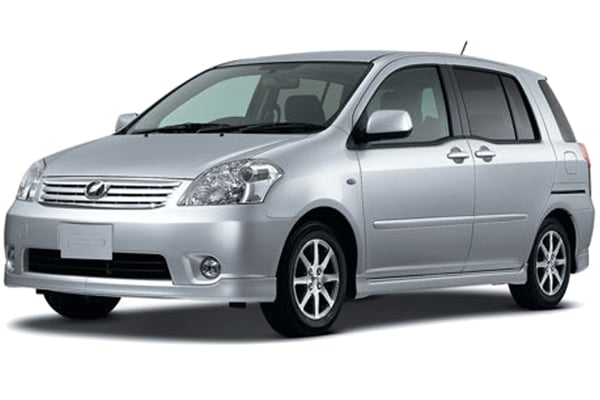How much fuel does a Toyota Raum consume?

Toyota Raum
What you need to know:
- Driving with air conditioning has an effect on your fuel economy. Some studies suggest that driving with your air conditioning (AC) on will cost you 10 to 20 percent of the fuel in your tank on any journey.
- Other studies claim that AC may consume up to one litre of fuel per 100 kilometres. This is why the AC system is powered by the engine.
I recently bought a Toyota Raum model 2001. How much fuel does it consume and what is the effect of the air conditioner on fuel? Anonymous
Hello Anonymous, if you have bought the 1.5 litre Toyota Raum, then its fuel consumption while driving in the city is approximately nine to 10 Km/litre and on the highway, approximately 14 to 15 Km/litre. These statistics depend on your driving habits, engine condition and tyres. Driving with air conditioning has an effect on your fuel economy. Some studies suggest that driving with your air conditioning (AC) on will cost you 10 to 20 percent of the fuel in your tank on any journey. Other studies claim that AC may consume up to one litre of fuel per 100 kilometres. This is why the AC system is powered by the engine.
The AC system running adds a load on your engine. This divides the energy of an engine between running other important accessories such as the steering pump, alternator, water pump as well as the throttle unit. How big a load the AC system puts on your engine or toll it puts on your fuel depends on the maintenance condition of the engine (is it running at peak condition). Generally, a well serviced engine will experience less impact on fuel economy compared to one that is not serviced well.
The age and technology of an engine will reduce the impact of AC on fuel economy. Engines with turbo charging, variable valve timing and direct fuel injection help to augment fuel economy and reduce (not eliminate) the impact of AC on fuel economy. Driving habits can also alter or escalate the impact of AC on a car’s fuel economy. Using AC only when necessary will reduce its toll on fuel.
Setting the temperature of AC according to heat outside helps to reduce its impact on fuel economy as it reduces engine load and unnecessary energy (fuel) wastage. On a very hot day, open your car windows before switching on the AC after you start the car. This allows trapped heat to escape from the cabin and in turn enables the interior to cool faster when you turn on the AC, which uses less engine energy and fuel.




